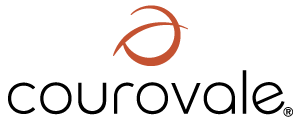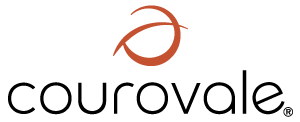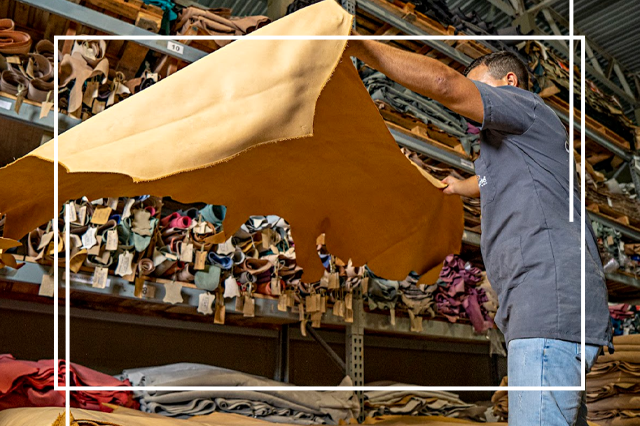Exploring the strict regulations that make tanneries pioneers in environmental sustainability
Often misunderstood, tanneries are seen as major polluters. However, the reality is very different. Leather manufacturing is a highly regulated activity, subject to strict legislation that ensures sustainable and safe practices. This text explores the regulatory framework governing the leather industry, demystifying perceptions and highlighting the commitment to environmental responsibility.
Local and international regulations in leather production
Leather production is governed by a series of regulations. This leather legislation ensures that tanneries operate within environmental and safety standards. These regulations are essential not only to protect the environment, but also to ensure that leather products meet the quality and safety requirements demanded globally.
Locally, agencies such as the Instituto Brasileiro do Meio Ambiente e dos Recursos Naturais Renováveis (IBAMA) and Regulatory Agencies such as FEPAM and the Environment Secretariats impose regulations that tanneries must follow to operate. These agencies monitor pollutant emissions, waste treatment and the safe use of chemical products. International standards, such as those of US Environmental Protection Agency (EPA) and the European Environment Agency (EEA), also play a similar role. They ensure that emissions and waste disposal standards are strictly complied with.
ISO standards and their impact on leather quality
The International Organization for Standardization (ISO) standards play a vital role in the leather industry, establishing strict criteria that guarantee the quality, safety and sustainability of leather products. These standards influence how producers treat hides from the outset and shape the final product that reaches the consumer.
ISO has developed several specific standards for the leather industry, each designed to standardize different aspects of production. For example, ISO 4044 addresses the methods for determining the dry matter content in leather, while ISO 17072-1 and 17072-2 focus on the determination of metals and restricted substances, such as chromium VI and formaldehyde, respectively. These standards are essential for ensuring that the leather produced is not only of high quality, but also safe and consistent in terms of characteristics and performance.
Leather Working Group: certification for sustainability
The Leather Working Group (LWG) is an organization that certifies tanneries based on criteria of sustainability and environmental responsibility. LWG certification is today a differentiator in the market, as it guarantees that certified tanneries follow practices that reduce the use of water, energy and chemicals, as well as promoting the recycling of materials. Adherence to these standards is proof of the industry’s commitment to sustainable leather production.
Benefits of LWG Certification
- Improved operational efficiency: through the LWG guidelines, tanneries can identify areas of inefficiency and implement cleaner, more efficient processes that save resources and reduce operating costs;
- Access to new markets: LWG certification is recognized globally and can open doors to new business, especially with brands that value sustainability in their suppliers;
- Improved corporate image: being associated with the LWG raises a company’s public image, showing consumers and stakeholders that the tannery is committed to responsible environmental practices;
- Compliance with environmental regulations: adherence to the LWG’s recommended practices helps tanneries meet or even exceed local and international environmental regulations.
Chemical management and environmental compliance in tanneries
Chemical management is one of the most critical areas in leather production. Specific regulations, such as REACH in the European Union, require tanneries to monitor and control the use of hazardous substances to avoid environmental contamination. In addition, effluent treatment and purification processes are strictly regulated to ensure that the liquid waste disposed of does not harm local ecosystems.
Chemical management practices in tanneries include:
- Careful selection of chemicals: opt for less harmful substances and innovative tanning technologies that reduce the need for hazardous chemicals;
- Dosing control: implement precise systems for dosing chemicals, ensuring that only the necessary amount is used, reducing waste and exposure;
- Effluent treatment: equip tanneries with effluent treatment facilities capable of removing chemical contaminants before they reach natural bodies of water;
- Recycling and reuse: promote the recycling and reuse of chemicals within the production process to minimize the overall consumption of new substances and the generation of waste.
Ethical practices and traceability in the leather supply chain
In the leather industry, ethics and traceability are not just essential components for maintaining consumer confidence. They are vital for ensuring sustainability and responsibility throughout the supply chain. As the global market becomes increasingly aware of environmental and social issues, transparency becomes an important competitive differentiator for leather manufacturers.
Adopting ethical practices and ensuring traceability are fundamental steps for tanneries that want to not only survive but thrive in today’s competitive market. Companies like Courovale are leading the way by adopting these practices, demonstrating a commitment to quality, sustainability and social responsibility. These initiatives are essential to building a reputation for trust and integrity, which are essential for long-term success.
Courovale’s commitment to legislation for the leather industry
Courovale has demonstrated an ongoing commitment to sustainability and ethical responsibility, rigorously integrating high environmental standards and ethical practices into every stage of its leather production. This commitment is reflected in its adherence to local and international regulations and the achievement of renowned certifications, ensuring that every leather item produced not only meets, but often exceeds, the market’s sustainability expectations.
Ethics in the supply chain
Transparency in the supply chain is vital to Courovale’s commitment to ethics. The company ensures that all its raw material sources comply with ethical standards. This includes animal welfare and fair working conditions for the workers involved from the farm to the factory.
Commitment to the community and worker welfare
In addition to its production practices, Courovale is committed to the well-being of its employees and to social inclusion. This includes offering safe working conditions, training and development programs, and supporting community initiatives that contribute to local socio-economic development.
Why legislation for the leather industry is important
The legislation for the leather industry is not just a control mechanism. After all, it is fundamental to guiding the industry towards more sustainable and ethical practices. Supporting and engaging with leather manufacturers who strictly follow these regulations is essential for those searching for quality and environmentally responsible products.
Courovale invites you to learn more about our sustainable initiatives and discover how, together, we can promote a greener and more responsible leather industry. Visit our website for more information and to join us on this sustainable journey.
Explore Courovale’s innovations and discover how we are shaping the future of gold production with responsibility and innovation. We invite you to learn more about our sustainable practices and join us on the journey towards a greener future.





Comments are closed.